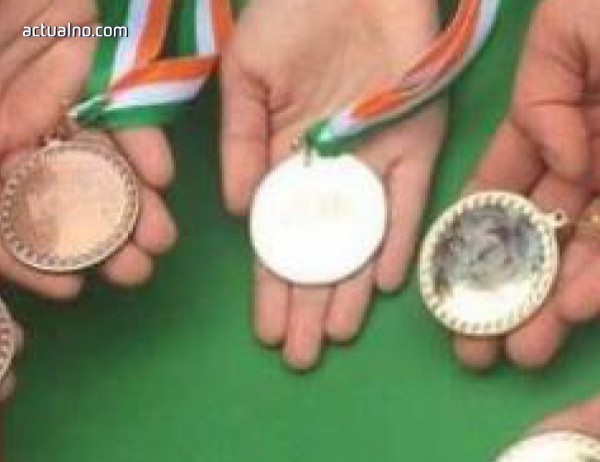
[ad_1]

Photo: BGNES
The Olympic chemistry team in Bulgaria is still a many times presented at the International Olympiad. This was announced by the Olympic Teams Association (SOOPN). Chemists have added a series of gold, silver and bronze medals to more than 40 Bulgarian awards. More than 300 students, more than half of whom were rewarded, took part in the race. This year's National Chemistry Team is composed of:
– Peter Hristov, Grade 12, SMG – Gold Medal. He is hanging on to gold for the second time.
– Evgeni Statelov, Grade 11, Plovdiv Plovdiv – Silver Medal
– Kamen Petrov, 11th year, NMMF Sofia – bronze medal
– Denislav Stanchev, Grade 12, Veliko Tarnovo Technical Secondary School
The Presidents of the Czech Republic and Slovakia honored the awards ceremony. The participants in the Olympic science teams in Bulgaria are students between the 8th and the 12th year. Since the creation of the Bulgarian Olympic Movement of Natural Sciences by 2017, our students have managed to bring to our country a total of 821 medals – 149 gold, 275 silver and 397 bronze – the most prestigious international competitions and Olympiads in astronomy, biology, mathematics, mathematical linguistics, physics and chemistry.
The national team landed in Sofia at 19:15 with a flight from Prague. Our physics team is also coming home tonight – at 11pm with a flight from Munich after winning two silver and bronze medals at the biggest Olympic physics games in Lisbon last week.

Tags chemistry Czech medals Olympic Republic returns team
